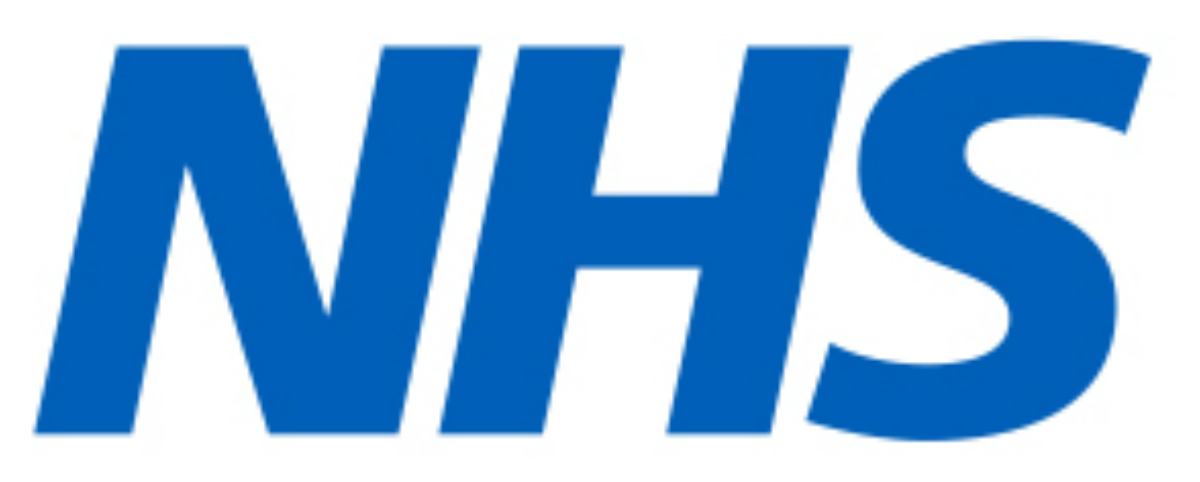Medical care provided by the NHS National Health System public health service is free for ordinarily residents. If you are in the UK on a visitor or tourist visa, you will have to pay for medical services. You will only be able to get urgent medical care free of charge.
If you are an EU citizen, you must have a valid European Health Insurance Card (EHIC) to get free NHS care. Keep in mind that British health care may be different from that of your country, and you may not get care that you are used to getting free. You must have the same card if you are traveling abroad.
To receive advice and treatment from the GP (General Practitioner), you must register as an NHS patient at the surgery office nearest you. The registration process can take a couple of weeks, so register immediately upon arrival so that you are not denied help in an emergency. You may register temporarily (if you are in the UK for 24 hours to 3 months). Be aware that not all hospitals accept new patients. Similarly, you will need to register with Dental surgery. Dentists, under the NHS, pay a fee for most patients. Exceptions are children, people receiving certain benefits, pregnant women, and women who have children under a year. Not all dentists in the UK work at government rates. The rates of private dentists are much higher.
Treatment in the hospital is free for ordinarily residents. If you are in the UK with a tourist, private or business visa, you will have to pay for the services. If you refuse to pay for the services of the NHS, you will be denied a visa in the future.
The right to free hospital treatment, as ordinarily residents acquire it:
- Persons who have lived with the country for at least 12 months (absence in the country up to 182 days is ignored).
- Exception – if you came to the country to get paid treatment.
- Persons entering on a conjugal visa of a British citizen and depants get this right from the moment of entry, as family members of an ordinarily resident.
- Returning residents and their spouses who have been granted leave to enter or remain.
- Persons receiving a UK government pension but living in a non-EU country or persons who have lived in the UK for at least 10 years and are permanently resident in EU countries.










